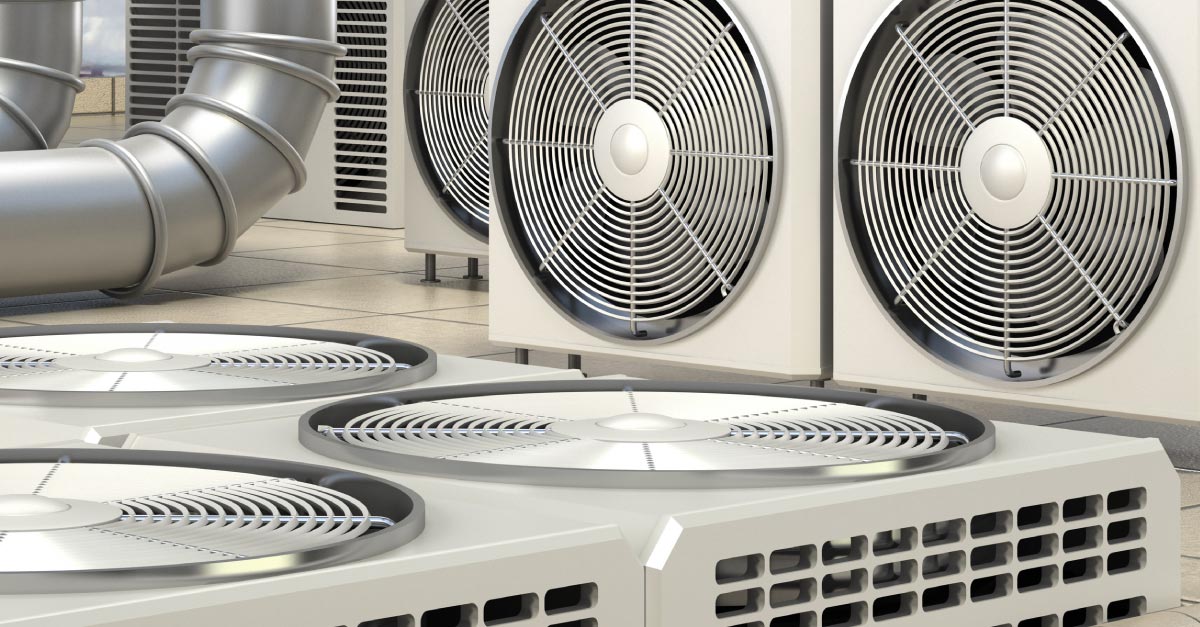Published November 30, 2021

Metals begin to break down when exposed to air and water. Metal corrosion can be big trouble for an HVAC system that isn’t regularly maintained, including a loss in efficiency, an increase in costs, and, ultimately, complete failure.
Let’s start with the monitoring and treatment of water used in a commercial building system. That’s where oversight can result in scale, corrosion, microbiological growth, and dirt/silt fouling. Should that happen, you’re on a path to:
Low water velocity allows solids to settle and deposit on the metal surfaces. The deposits make it challenging for corrosion-fighting chemicals to work. Corrosion-inhibitor treatments settle on the deposit because they can’t reach the intended metal surfaces. As a result, there’s an ideal environment created for localized corrosion to thrive underneath.
The right piping can prevent or inhibit corrosion.
Niron is another type of stainless steel that has been specially treated with chromium and molybdenum. It’s used extensively in the food industry, where piping must be free from rust or other forms of corrosion. Niron can also be found in medical equipment, such as surgical instruments, dialysis machines, and MRI scanners where sanitization is critical for patient health and accurate readings.
Stainless steel piping is another option although it is very expensive. It is mostly used in industries with highly corrosive environments.
What HVAC questions do you have to get more mileage from your HVAC system? Contact us for an on-site visit or a quick phone call.